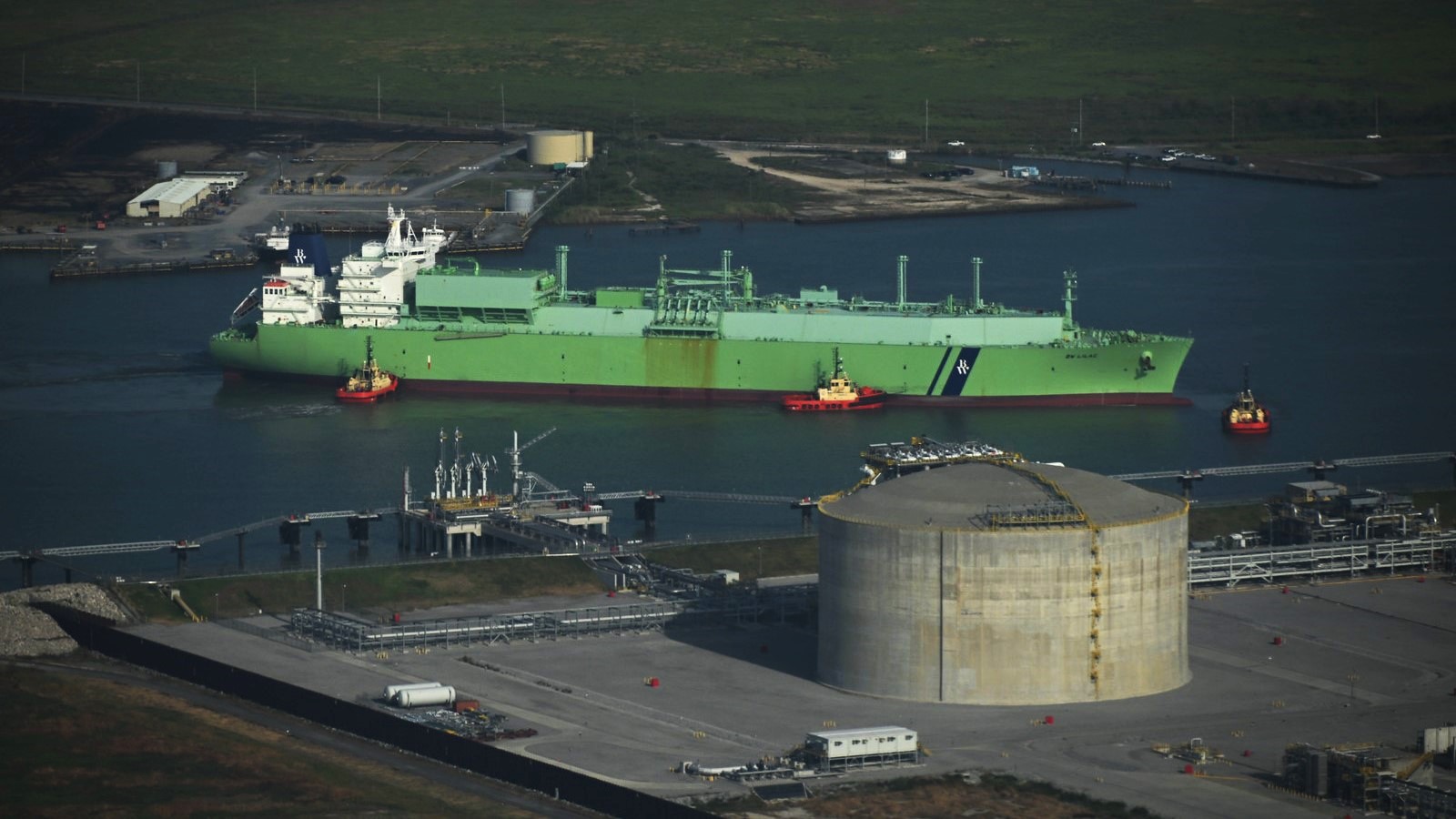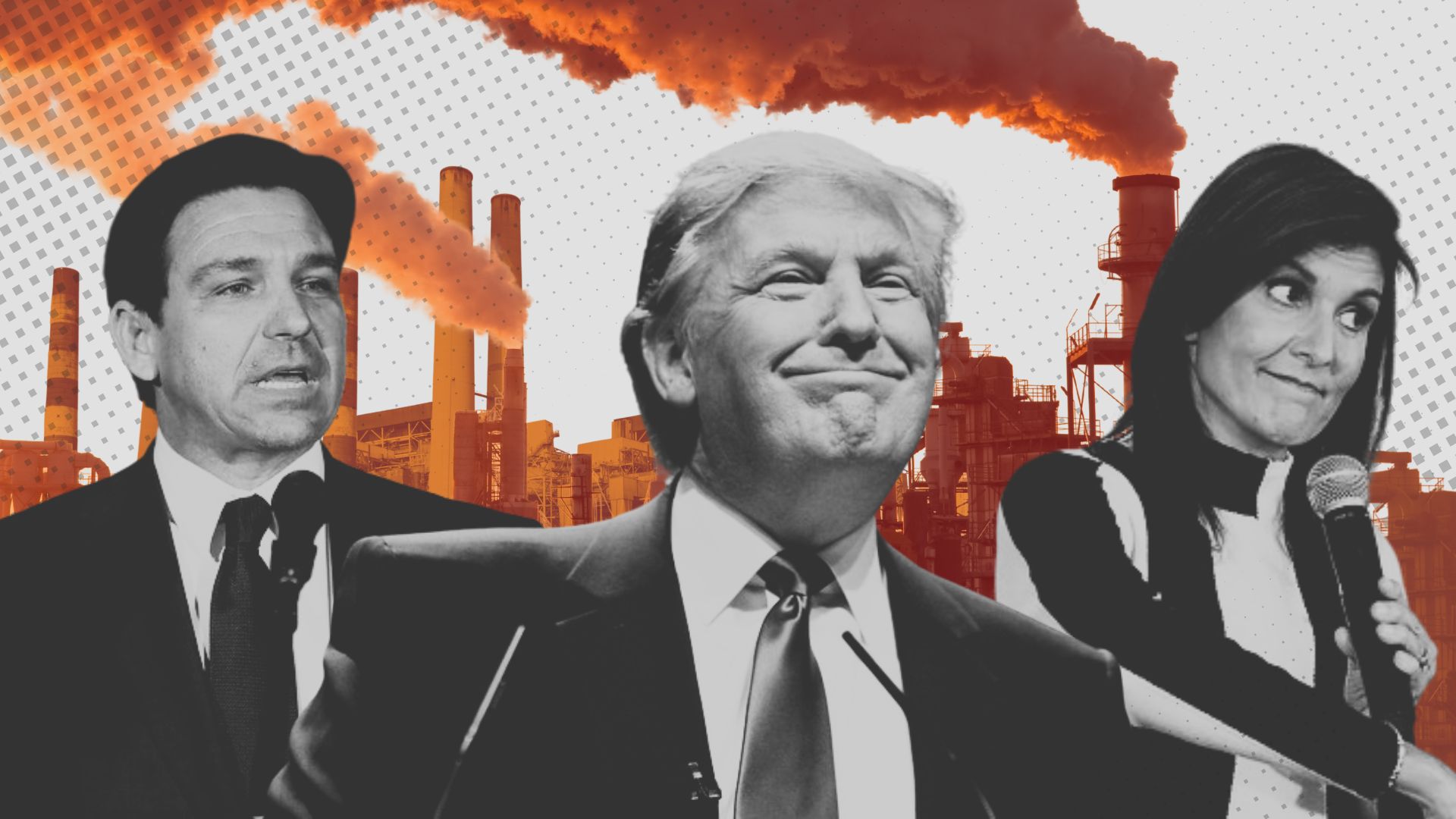But, here’s the thing: The last review of LNG export projects was updated by the Trump administration back in 2018, and that review failed to seriously engage with the climate crisis and frontline community harms. Since then, the fossil fuel industry has continued exploiting American communities through the fracking boom. Frontline leaders have been raising the alarm about how export terminals are harming public health in their communities. But, despite these warnings, and as we barrel toward a full-blown climate crisis, LNG exports have skyrocketed.
Amidst, and despite, all of these public crises, DOE has never rejected an LNG export application on the basis of harm to the public interest. Clearly, it’s time to update the public interest determination process to respond to the manifold crises our communities are experiencing.
Enter the Biden administration’s historic announcement. The administration announced that it was pausing approvals for pending and future applications for LNG export projects with which the U.S. doesn’t have Free Trade Agreements. And even better, DOE has committed to updating the analysis it uses to make determinations, including updating how it considers climate change impacts. Notably, this decision showed that the climate crisis can no longer be ignored in what previously were routine decisions to greenlight oil and gas projects and that polluting industries cannot continue operating without considering the health, safety, and well-being of those living nearby.
All Hands on Deck for the Next Fight
But the road doesn’t end here. In fact, DOE’s announcement kicks off a review process at DOE, in which the agency is expected to submit new analysis for public comment in the coming months. During this time, the most important voices will be frontline communities who have experienced direct harm from LNG terminals and have been leading this fight.
The call to action is clear: DOE must fully account for the true costs to climate, communities, and public health. Because at the end of the day, no fair analysis could possibly conclude that poisoning communities and accelerating the climate crisis are in the public interest—particularly when clean, zero-emission technology is readily available.
And we need to stay vigilant. Already, Big Oil and Gas CEOs, and the politicians in their pockets, are mounting their usual faux outrage campaign spreading lies to distract from their responsibility and seeding doubt among the public. They’re using our allies in Europe as a scapegoat to expand exports, which couldn’t be further from the truth. In fact, there’s enough LNG supply projected in the global marketplace to meet Europe’s needs. On top of this, Europe is decarbonizing anyway, because its leaders recognize being dependent on fossil fuel is the real threat—without the U.S. rubberstamping more planet-warming export terminals. And because of this, Europe’s gas demand is projected to structurally decline over the next two decades.
And if you listen to European leaders, not the lies of the fossil fuel industry, they’re actually saying the exact opposite: 60 members of the EU Parliament and national legislatures released an open letter to President Biden that welcomed reports of a pause. Let’s be clear: The only long-term solution for secure, affordable energy is a transition to a 100 percent clean energy economy. Doubling down on volatile, climate-harming energy sources does nothing for energy security, domestically or globally.
The Biden administration has shown that they’re willing to meet the global commitment to transition away from fossil fuels and confront the fossil fuel industry and climate crisis head-on. Now, it’s our job to hold them to this word and ensure that this review is done right—in the real interest of the public and the planet.



